area members
- Cristhian Rey
- Claudia Muñoz Bello
area description
- dav
- dav
The Bilingualism program at LHEMI School
In our current globalized world the necessity of communication among natives of different languages is bigger every day. That’s why a Germanic language has taken the role of “Lingua Franca” to foster the intercultural communication. The English has become one of the most important languages in the world and to speak it as a foreign language is a big advantage in all the aspects of the daily life.
Therefore The LHEMI has implemented a bilingualism program aimed to the preparation of its students in four main aspects: thinking skills development, contents comprehension, integral formation and foreign language acquisition. The program is based on the application of the SIOP (Sheltered instruction observation protocol) as core model, in which it is possible to find the development of the students’ thinking skills through the learning of contents in subjects such as Social studies, Science, Geometry, Problem solving, Arts and Ethics and the improvement of the students’ communicative skills according to the European common framework.
The subjects
Social Studies “The world beyond the borders”
At LHEMI School the Social studies subject is sub-divided into two connected and coherent purposes. The first one is “Ciencias sociales” that is totally taught in Spanish and focused on the conceptualization of geographic and historical issues from a local viewpoint. The second one is “Social studies” the one that is totally taught in English and is focused on the application and comprehension of geographic and historical issues from a global and current viewpoint. Both purposes are closely planned and articulated to foster a critical thinking in our students.
The Social studies purpose is framed by the SIOP model, which establishes clear content and language objectives per class taking into account the vocabulary enlargement and the use of the language in a proper and adapted context for the different students’ levels while it promotes the use of the HOTS (Higher order thinking skills) for tasks development and content structuring in an interesting way.
The sub-division mode allows to students to have clear geographic and historical concepts while they use and improve their English skills in their Social studies classes from a global and contextualized point of view.
Ethics
The subject provides the skills to think about our daily life, learning about our behavior and values trough the exchange of ideas, opinions and critical thinking about our responsibility with us and the others while improving our students English language proficiency.
Arts
In the Arts department we work the bilingualism to guide and to bring learning tools to the students, firstly through a contextualization of relevant artists’ backgrounds, movements or periods that will be studied. Secondly to analyze and to apply concepts such as composition and expression. Finally when the students have a meaningful ownership of the techniques and the knowledge acquired in the class, they can use it in other situations of their real lives, all this while they practice and improve their English skills.
Science
Through the science program, students at primary level develop their scientific and thinking skills to comprehend the phenomena that occur in their surrounding environment; simultaneously the students develop their communicative skills in English as a foreign language through the SIOP method in a context of Lasallian formative values.
Science lab
In this subject the students will relate theoretical and practical aspects of natural science, like the scientific method and the physical and chemical knowledge, through the development of activities in English that are carried out in groups or individually depending on the students’ specific needs. Furthermore, the knowledge is reinforced through a project developed along two classes, in which the students use their creativity to develop it following the teacher rubric’s requirements.
Problem Solving and Geometry
Problem Solving is a subject that is worked in Liceo Hermano Miguel La Salle and its focus is on teaching mathematical topics through problem-solving contexts and enquiry-oriented environments which are characterized by the teacher ‘helping students construct a deep understanding of mathematical ideas and processes by engaging them in doing mathematics: creating, conjecturing, exploring, testing, and verifying.
| The specific characteristics of a problem-solving approach include: |
|
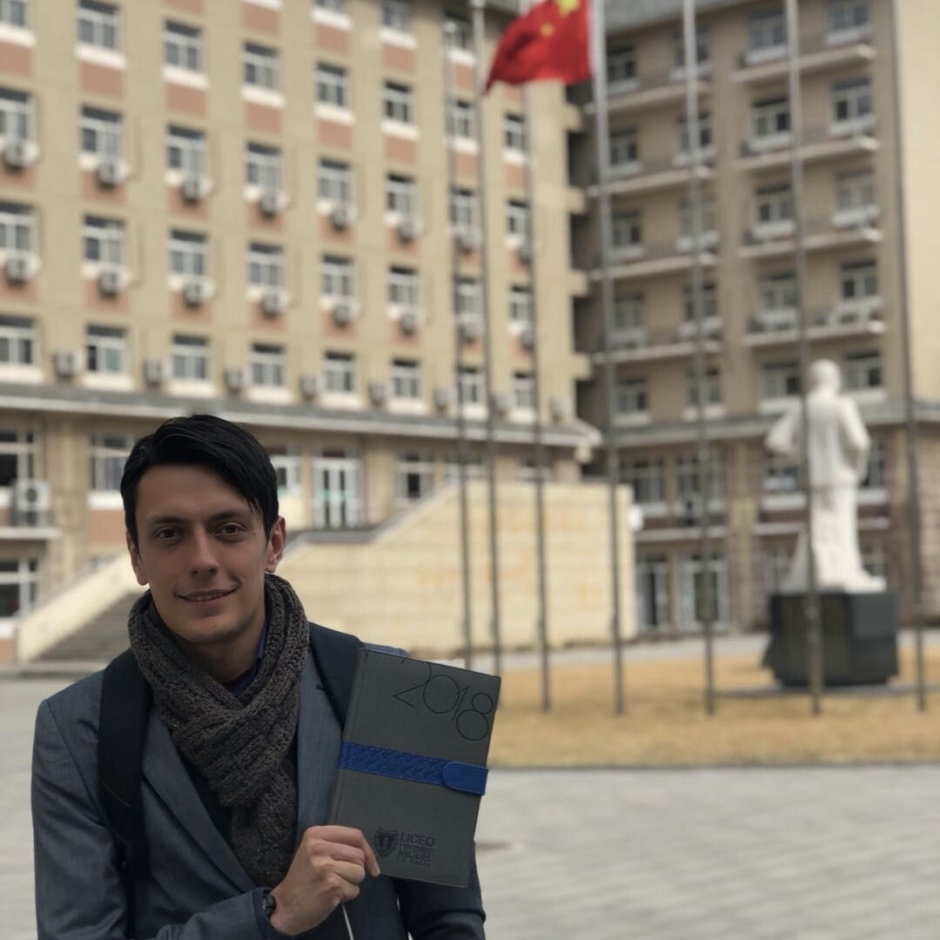
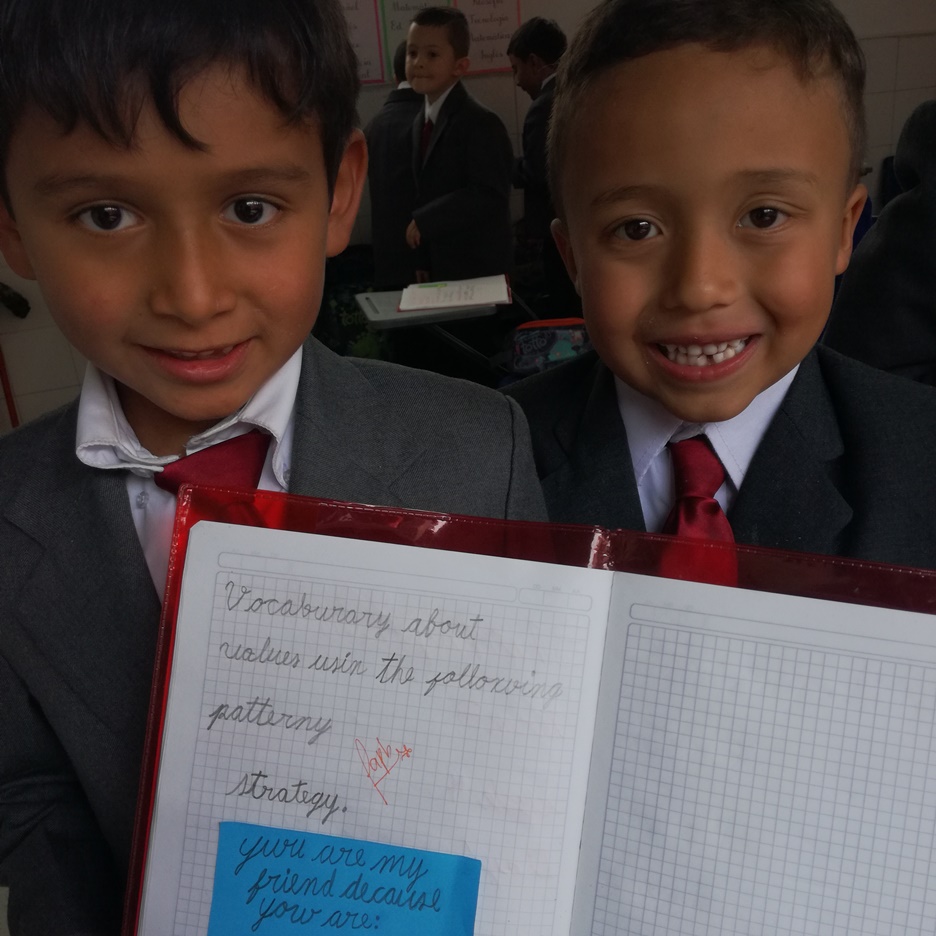
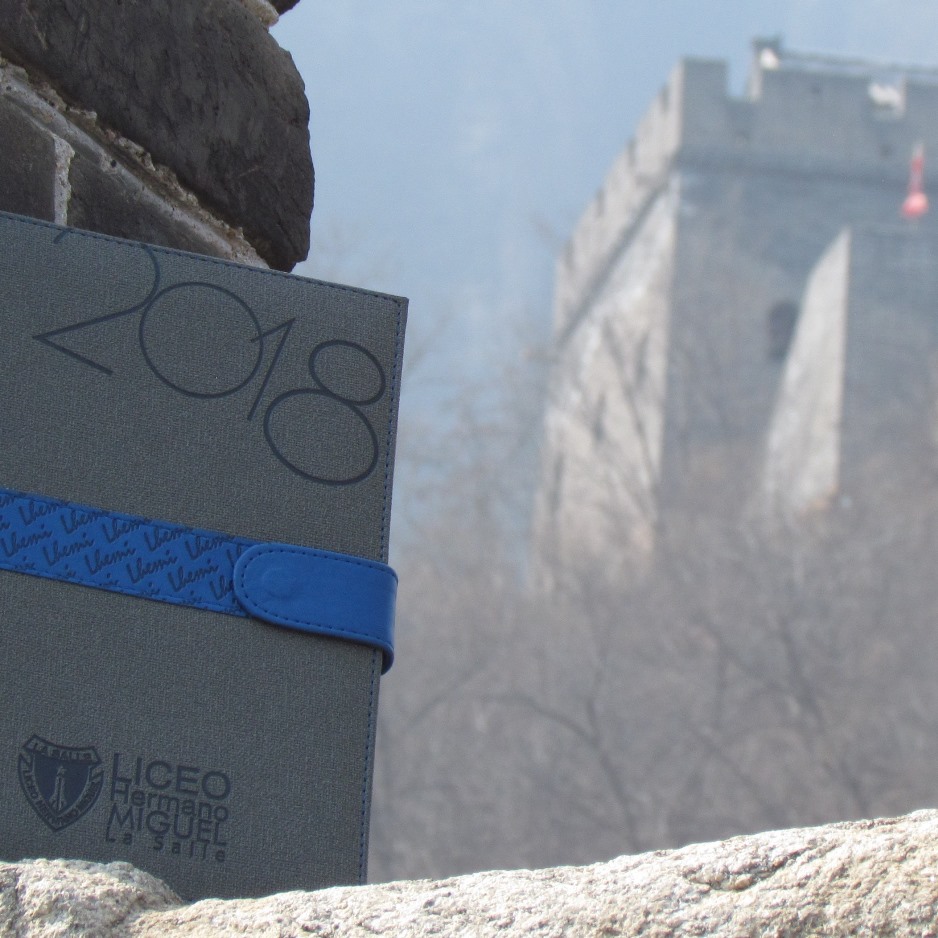
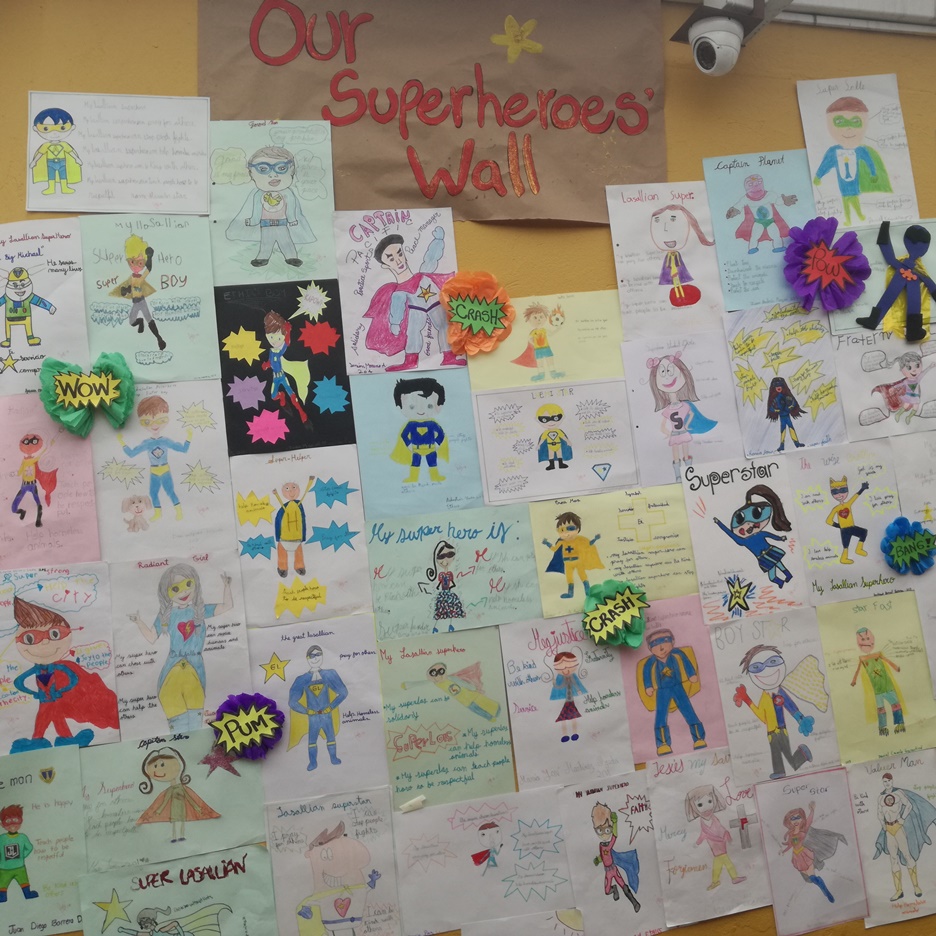
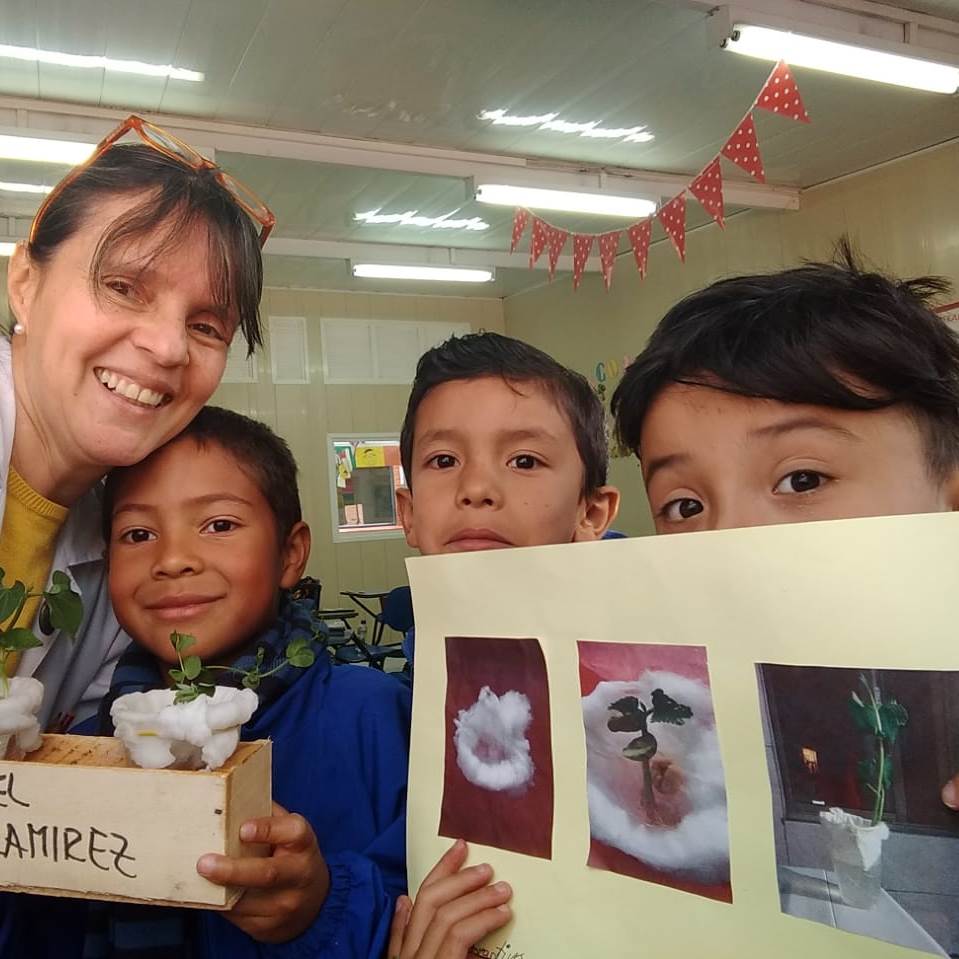
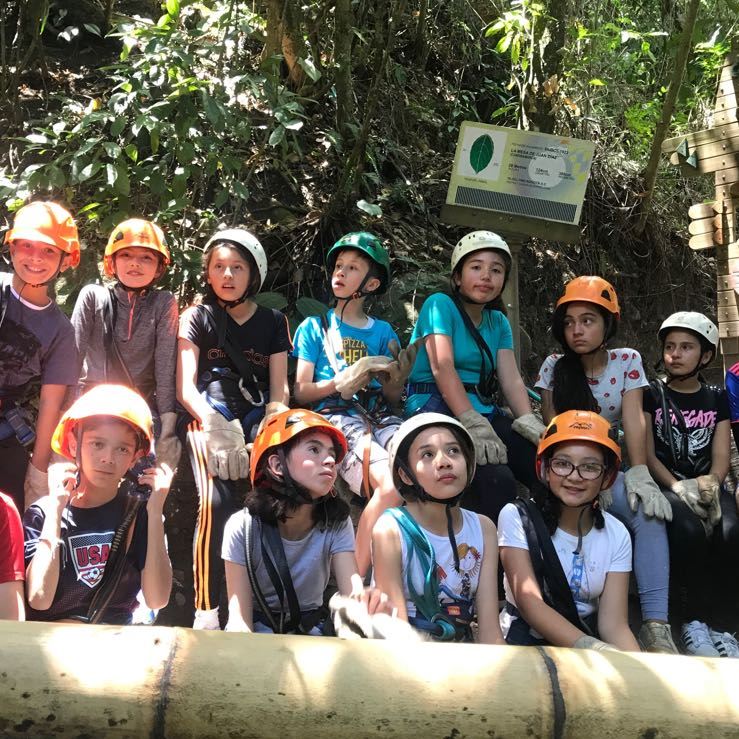
 Gnosoft
Gnosoft Pagos en línea
Pagos en línea RESTAURANTE
RESTAURANTE Contacto
Contacto